With bees in decline globally, one Israeli company has developed a technological solution that could restore their populations.


A force is something which tends to change the state of rest or state of motion, or size, shape, the direction of motion of a body, etc… There are four fundamental forces: gravitational, electromagnetic, strong nuclear and weak nuclear forces. These forces are responsible for all possible interactions that can take place in this universe, from planets orbiting a star to protons and neutrons confined in the nucleus of an atom. In classical physics, the assumption was that an imaginary field exists, through which a force can be transmitted. But with the advent of quantum mechanics, this idea was changed radically. A field exists, but that is a quantum field. The field vibrates gently, and these vibrations give rise to particles and their corresponding antiparticle partners, i.e., particles with opposite charge. But these particles can exist for a limited amount of time. What gives rise to forces then? Particles called bosons. Bosons, named after Indian physicist Satyendra Nath Bose, are particles, the exchange of which give rise to forces. Bosons, along with the fermions (which make up matter), are referred to as elementary particles [1].
In quantum mechanics, energy can be temporarily ‘borrowed’ from a particle. But, as per Heisenberg’s uncertainty principle, the greater the amount of energy you ‘borrow’, the sooner you must return it [2].
According to modern physics, light can be treated as a stream of particles called photons. The exchange of photons gives rise to electromagnetic forces. Virtual photons can pop out of nowhere around an electron, by ‘borrowing’ some of the electron’s energy. If there is another electron near the virtual photon, it will absorb the photon. Thus, essentially, some energy and momentum are exchanged between the electrons, causing them to repel, since the second electron, on gaining energy, will move away from the first one. It is basically due to this reason that a photon is considered a boson, for in the above case, exchange of the photon gave rise to the force of repulsion between the two electrons. Thus, electrons, both being negatively-charged (like-charged), repel. A photon can also materialize into an electron and its antiparticle, positron. This process is called pair production[3]. Here, electromagnetic energy is converted into matter.
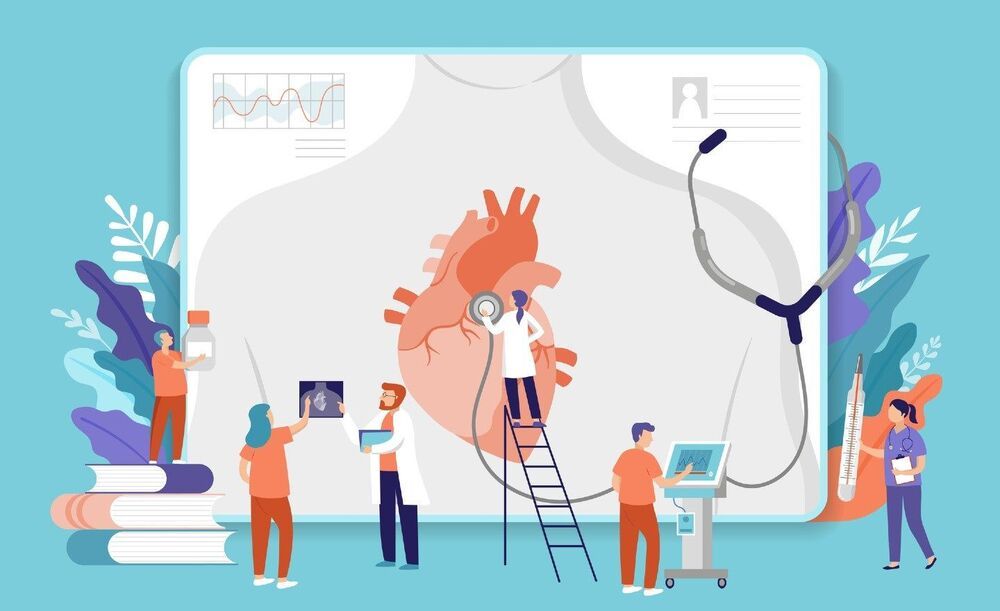
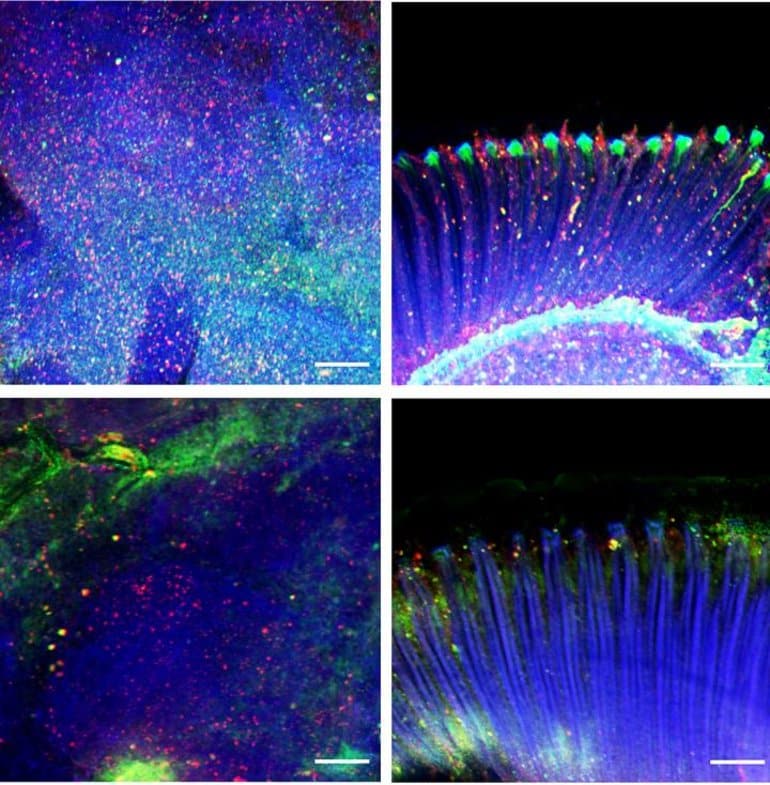
Summary: Mimicking a muscular stress system can provide neuroprotection against aging in both the brain and retina. The signal helps prevent the buildup of misfolded protein aggregates.
Source: St. Jude Children’s Research Hospital.
How do different parts of the body communicate? Scientists at St. Jude are studying how signals sent from skeletal muscle affect the brain.
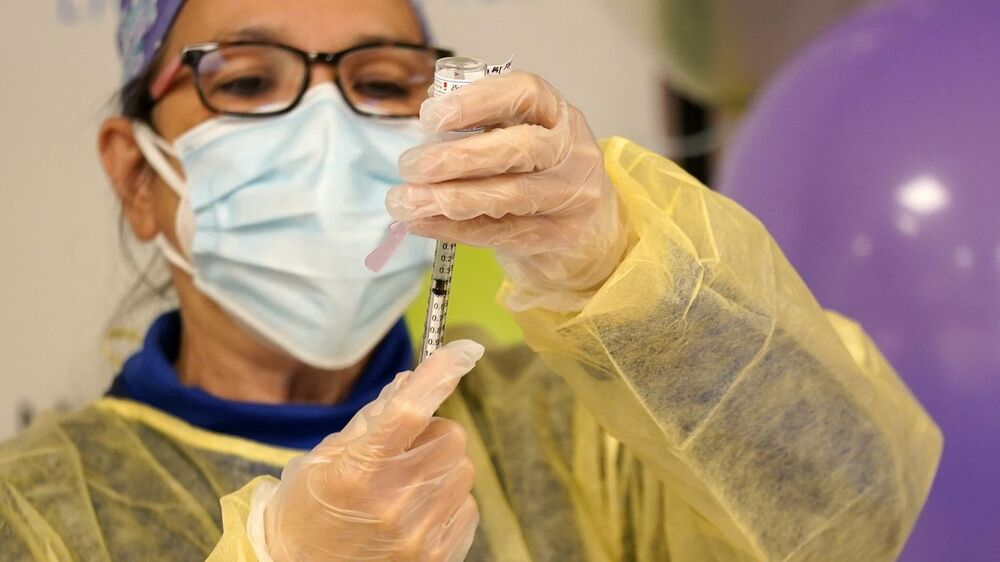
Welcome to 2021! We left 2020 with COVID-19, yet it continues into the new year; on top of it the virus produced a much more contagious asshole!!!
The evolved strain of COVID-19, known as B.1.1.7, has shown itself in the USA as well as other countries.
Two male members of the Colorado National Guard tested positive for the new strain — referred to as B.1.1.7 or VUI-202012/01 — and neither reported international travel. At least one of the two men is in his 20s.
“The individual is a male in his 20s with no history of travel. The Department is working with the CDC on this investigation,” Florida Department of Health officials announced Thursday.

The more diverse your microbiome, the healthier you are. While diet is often presented to be the deciding factor in your microbiome diversity, the story isn’t so simple. Studies show that nutrition can determine 5%-20% of your gut microbiome, which is enough to concern yourself with, but not enough to rely on as the sole determinant of your microbiome’s health.
Does your gut microbiome have an impact on your longevity? And if so, what can you to live longer? It’s complicated.
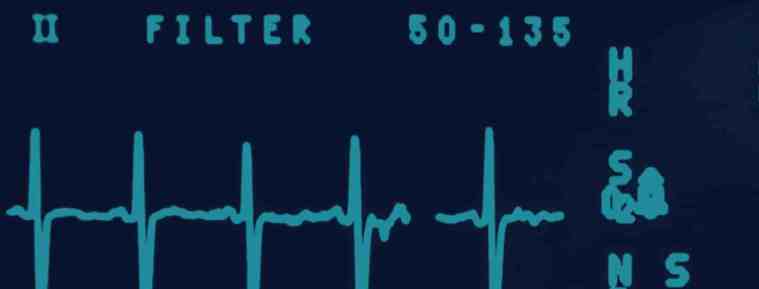
One wearable emerged victorious over the others in each of the three categories. I’m including the runners-up for context and to provide an alternative if you’re not convinced by my top pick.
Affiliate Disclaimer: Longevity Advice is reader-supported. When you buy something using links on our site, we may earn a few bucks.
I came to the human life extension community not as a spanner (initially), biohacker, or a young person filled with existential dread, but as a person obsessed with quantified self. As a teen, I used pencil and paper to track my sleep and my food intake. As a college student, I wore a pedometer and tracked my daily steps on a spreadsheet. In 2014, Fitbit released the Fitbit Force, and since then I’ve had some version of top wearable on my wrist, continuously tracking what I do.
The feedback I’ve gotten from these devices is exceptional. I know that I gain, on average, 1.7 pounds before every menstrual cycle, and that I lose that weight about a day before it’s finished. I know that I need about seven hours and 40 minutes of sleep every night to feel well-rested. I know that if I get at least 40 minutes of cardio on one day, the following day my resting heart rate is a beat or two lower than my overall average. Knowing my body this well puts me in a great place to know if something is going wrong, if I need to reconfigure my lifestyle to push my metrics in the right direction.
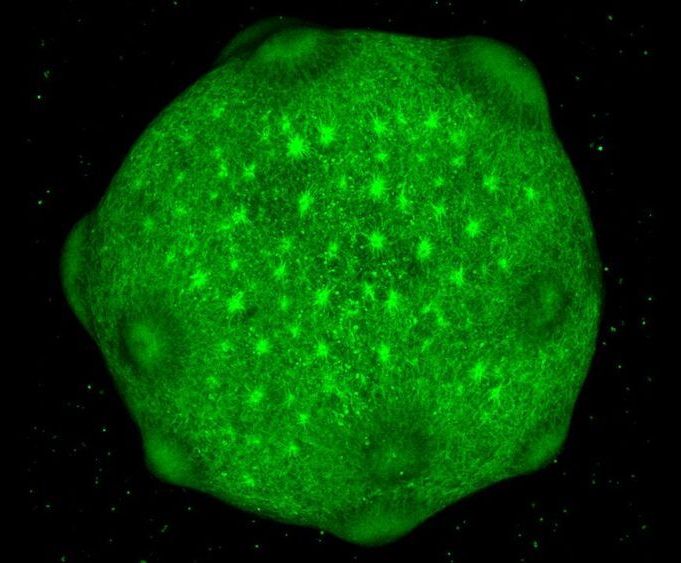
Stanford University neurobiologist Sergiu Pașca has been making brain organoids for about 10 years, and his team has learned that some of these tissue blobs can thrive in a dish for years. In the new study, they teamed up with neurogeneticist Daniel Geschwind and colleagues at the University of California, Los Angeles (UCLA), to analyze how the blobs changed over their life spans…
…They noticed that when an organoid reached 250 to 300 days old—roughly 9 months—its gene expression shifted to more closely resemble that of cells from human brains soon after birth. The cells’ patterns of methylation—chemical tags that can affix to DNA and influence gene activity—also corresponded to increasingly mature human brain cells as the organoids aged, the team reports today in Nature Neuroscience.
Organoids develop genetic signatures of postnatal brains, possibly broadening their use as disease models.

Sleep deprivation causes an inflammatory response that results in negative health outcomes.
Summary: Study sheds light on DNA methylation related to sleep deprivation in those with shift-work disorder.
Source: University of Helsinki
Long-term sleep deprivation is detrimental to health, increasing the risk of psychiatric and somatic disorders, such as depression and cardiovascular diseases. And yet, little is known about the molecular biological mechanisms set in motion by sleep deprivation which underlie related adverse health effects.
In a recently published study, the University of Helsinki, the Finnish Institute for Health and Welfare, the Finnish Institute of Occupational Health and the Finnair airline investigated dynamic changes to DNA methylation in shift workers. DNA methylation denotes epigenetic regulation that modifies gene function and regulates gene activity without changing the sequence of bases in the DNA.

Researchers can now control the order in which CAS9 makes edits to cell DNA instead of performing all edits at once.
Researchers from the University of Illinois Chicago have discovered a new gene-editing technique that allows for the programming of sequential cuts—or edits—over time.
CRISPR is a gene-editing tool that allows scientists to change the DNA sequences in cells and sometimes add a desired sequence or genes. CRISPR uses an enzyme called Cas9 that acts like scissors to make a cut precisely at a desired location in the DNA. Once a cut is made, the ways in which cells repair the DNA break can be influenced to result in different changes or edits to the DNA sequence.
The discovery of the gene-editing capabilities of the CRISPR system was described in the early 2010s. In only a few years, scientists became enamored with the ease of guiding CRISPR to target almost any DNA sequence in a cell or to target many different sites in a cell in a single experiment.